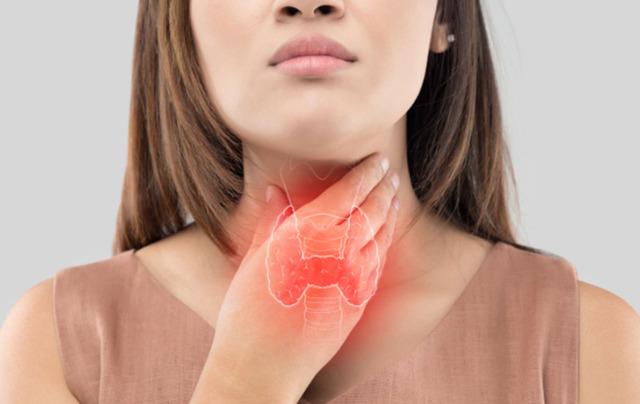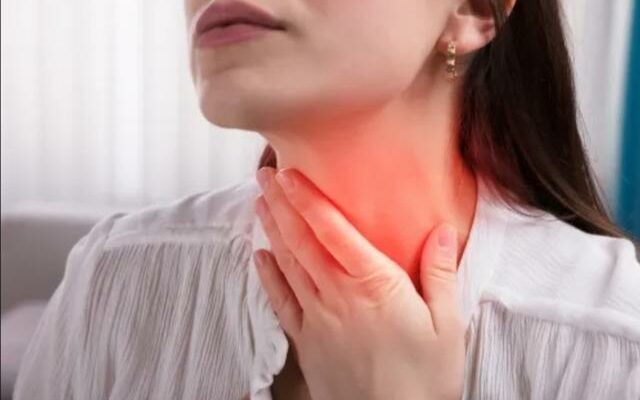Associate Professor, Department of Internal Medicine, Department of Endocrinology. Dr. Kader Uğur gave information about thyroid.
“IODINE DEFICIENCY CAUSES GOITR DISEASE”
Assoc. Prof. stated that the thyroid gland is a butterfly-like organ weighing approximately 20 grams in the front, middle and lower part of the neck. Dr. Uğur said, “The enlargement of the thyroid gland is called goiter. Most of the time, iodine deficiency causes goiter disease. While the thyroid gland provides energy production and metabolism in adults, it ensures growth and development in children. In addition, thyroid disease is generally more common in women. As with our other hormones. “Our thyroid hormones are also of vital importance. Deficiency or excess of thyroid hormones causes disease. Deficiency of thyroid hormones often causes Hashimoto’s disease, and excess causes toxic goiter disease.”
BEWARE OF THESE SYMPTOMS

Providing information about the symptoms, Uğur said, “Thyroid disease can cause weakness, fatigue, inability to lose weight or weight loss, body’s reaction to cold or heat, palpitations, sweating, dry skin, hypertension, depressive mood, forgetfulness, intestinal problems such as constipation or diarrhea. Symptoms such as decreased concentration, muscle and joint pain, and hair loss. It is especially important for individuals with these symptoms to consult an endocrinologist. There may be formations called thyroid nodules, which develop in a different structure than their normal tissue, in the thyroid gland, which are common in the society. These nodules are detected by physical examination in 5 to 10 percent and by ultrasound in 50 percent.

Most thyroid nodules are benign. Generally, thyroid nodules are treated according to the doctor’s recommendation. 5 percent of these thyroid nodules carry a risk of becoming cancerous. In order to protect our thyroid hormones, we should avoid gaining weight, eat a healthy and balanced diet, walk 2.5 hours a week, prefer table salt as iodized salt except for toxic goiter, stay away from plastic, additives and preservatives, which are endocrine disruptors, as much as possible, and consume unprocessed foods. “We need to consume more and have regular medical check-ups,” he said. (IHA)

